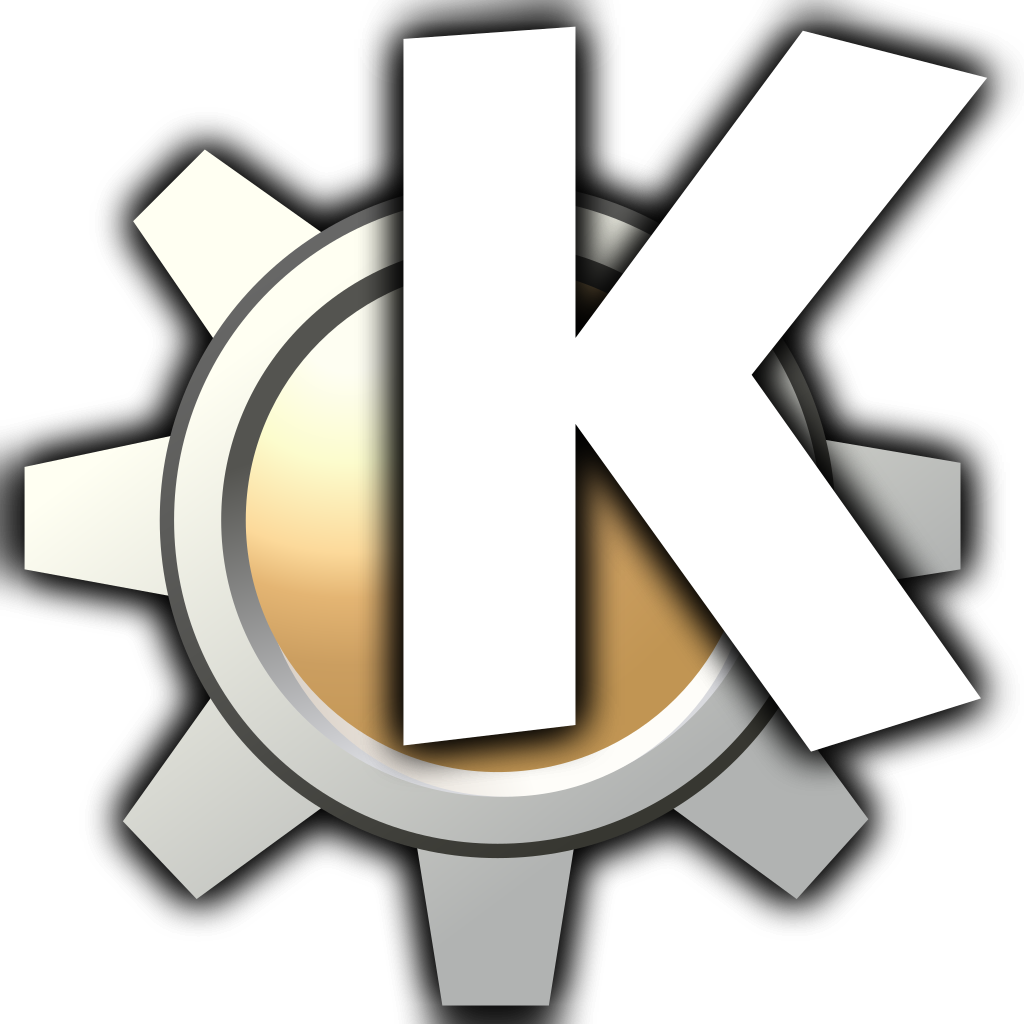Difference between revisions of "HTML parsing methods"
Jump to navigation
Jump to search

imported>Eliddell (Created page with "Category:Developers Category:KDE3 Category:Tutorials For HTML parsing, you have the following possibilities: * QXML * QDOM * Perl * XHTML Obviously, QXML and QDOM...") |
(+KDE3) |
||
| Line 2: | Line 2: | ||
[[Category:KDE3]] |
[[Category:KDE3]] |
||
[[Category:Tutorials]] |
[[Category:Tutorials]] |
||
{{KDE3}} |
|||
For HTML parsing, you have the following possibilities: |
For HTML parsing, you have the following possibilities: |
||
Latest revision as of 21:01, 22 August 2021
This page contains information relevant to KDE 3.x or older versions.
This page contains archived content from various sources pertaining to KDE 3.x (maybe outdated and/or partly useful) which should probably be updated. Please regard information in this page with extra caution.For HTML parsing, you have the following possibilities:
- QXML
- QDOM
- Perl
- XHTML
Obviously, QXML and QDOM need XML-compliant HTML pages, and the least HTML pages are XML-compliant. Perl is not the scope of this site. This tutorial chooses the XHTML approach.
First step
As we remember from http://developernew.kde.org/Development/Tutorials/Programming_Tutorial_KDE_4/How_to_write_an_HTML_parser, biggest thing is to be able to parse non-XML-conform syntax. It works with the following program.
tags.cpp
1#include <kapplication.h>
2#include <kaboutdata.h>
3#include <kcmdlineargs.h>
4#include <dom/html_document.h>
5
6int main (int argc, char *argv[])
7{
8 KAboutData aboutData( "test", "test",
9 "1.0", "test", KAboutData::License_GPL,
10 "(c) 2006" );
11 KCmdLineArgs::init( argc, argv, &aboutData );
12 KApplication khello;
13
14 DOM::HTMLDocument doc;
15 DOM::DOMString tag("*");
16 DOM::DOMString uri("<html><body><a href=\"http://www.kde.org/\"></a><a href=\"/index.php\" nowrap>Log in</a><a href=\"http://www.gmx.de\"></a></body></html>");
17
18 doc.loadXML(uri);
19 kdDebug() << "Does this doc have child elements ? " << doc.hasChildNodes() << endl;
20 for (int i=0; i<doc.getElementsByTagName(tag).length(); i++) kdDebug() << doc.getElementsByTagName(tag).item(i).nodeName().string() << endl;
21 kdDebug() << "Size of your doc " << sizeof(doc.firstChild()) << endl;
22 kdDebug() << doc.isHTMLDocument() << endl;
23 kdDebug() << doc.toString().string() << endl;
24}
Compile it like this:
gcc -I/usr/lib/qt3/include -I/opt/kde3/include \ -L/opt/kde3/lib -lkdeui -lkhtml -o tags tags.cpp
Second
#include <kapplication.h>
#include <kaboutdata.h>
#include <kcmdlineargs.h>
#include <dom/html_document.h>
#include <dom/html_element.h>
#include <dom/dom_node.h>
int main (int argc, char *argv[])
{
KAboutData aboutData( "test", "test",
"1.0", "test", KAboutData::License_GPL,
"(c) 2006" );
KCmdLineArgs::init( argc, argv, &aboutData );
KApplication khello;
DOM::HTMLDocument doc;
DOM::DOMString tag("*");
DOM::DOMString uri("<html><body><a href=\"http://www.kde.org/\"><b>fat</b></a><a href=\"/index.php\" nowrap>Log in</a><a href=\"http://www.gmx.de\"></a></body></html>");
doc.loadXML(uri);
kdDebug() << "Here's a list of the document elements" << endl;
for (int i=0; i<doc.getElementsByTagName(tag).length(); i++) kdDebug() << doc.getElementsByTagName(tag).item(i).nodeName().string() << endl;
DOM::HTMLDocument doc2;
DOM::DOMString uri2("<html><body>this is html<b>fat</b></body></html>");
doc2.loadXML(uri2);
kdDebug() << "This is the in-memory html:" << endl;
kdDebug() << doc.toString().string() << endl;
doc.body().insertBefore(doc.body().firstChild().firstChild(),doc.body().firstChild());
kdDebug() << "Moving around nodes" << endl;
kdDebug() << doc.toString().string() << endl;
}